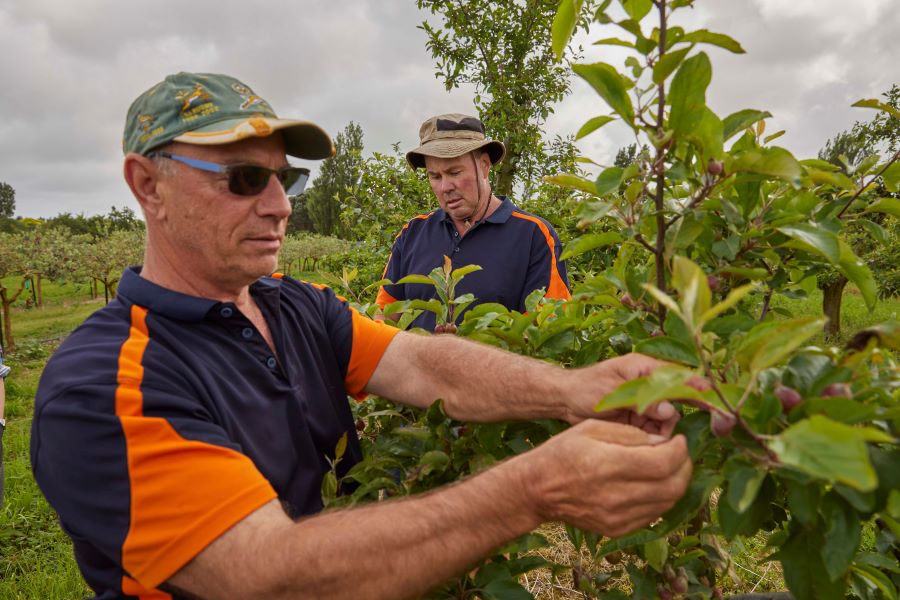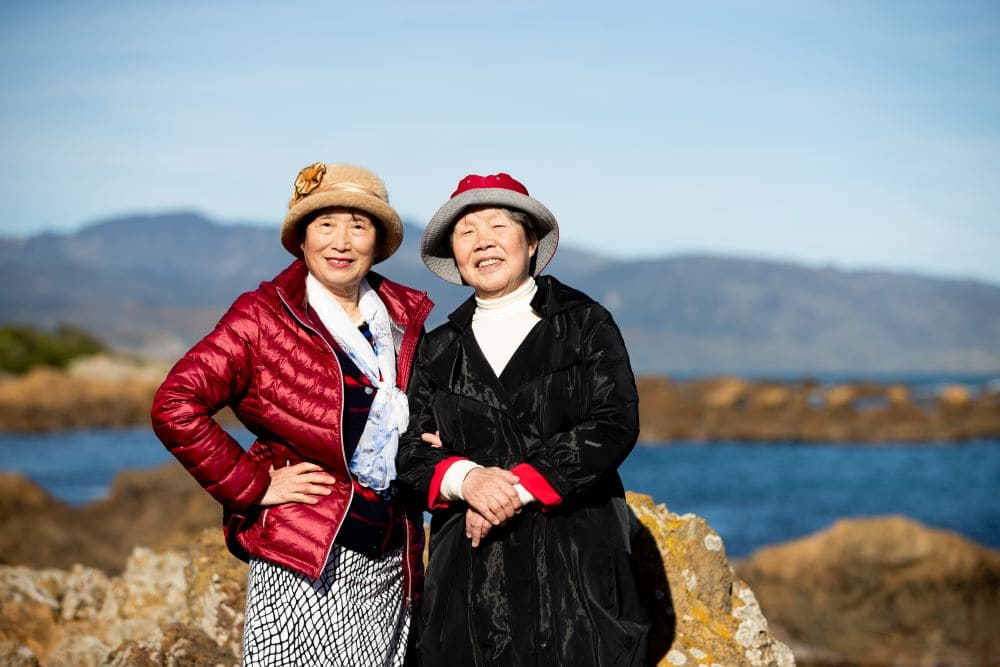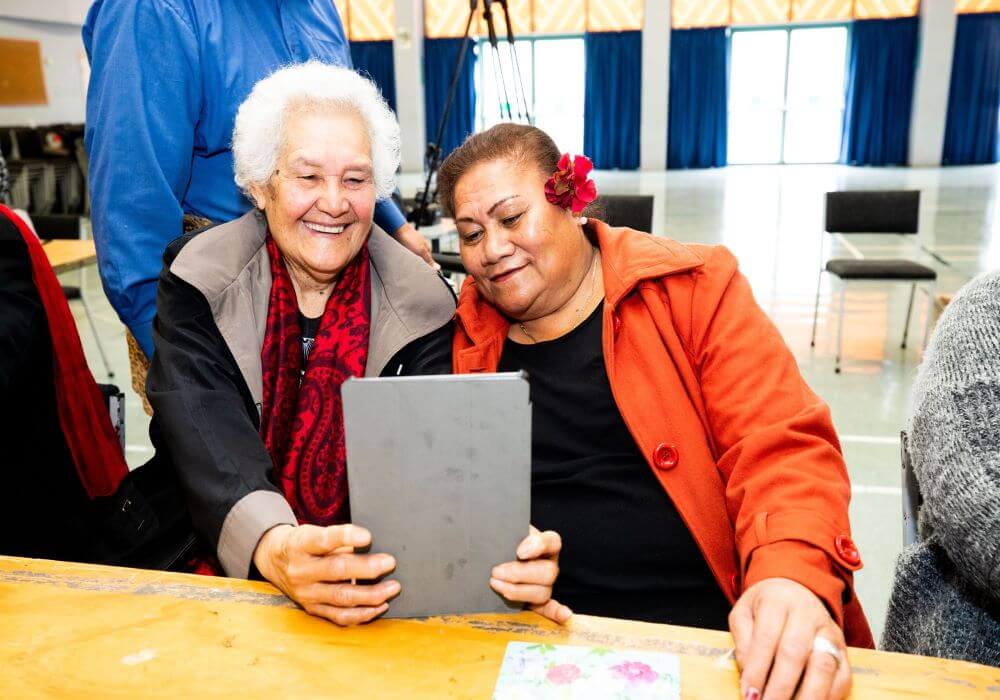Older Workers Employment Action Plan
Consultation on the Older Workers Employment Action Plan (OWEAP) is now closed.
Thank you to everyone that contributed to the consultation and provided feedback. A summary of the feedback we received can be found below.
The goal of the OWEAP is to ensure that all older workers (workers aged 50+) can access work that meets their needs so that:
- they are valued and thrive in the workplace, and can transition away from paid employment when they are ready; and
- they can contribute fully to the economy.
The consultation document is comprehensive and gives you a good background to the suggested actions in the OWEAP. We have also developed a summary document for your use.
If you have any questions please contact us
Why we’re doing this:
The OWEAP is one of seven actions plans being created to support people with employment and engagement with the labour market. The Action Plans sit under the Government’s Employment Strategy.
Read the Employment Strategy | Ministry of Business, Innovation & Employment
Frequently asked questions
There is no set retirement age in New Zealand – people are free to keep working in any capacity as long as they wish or need to. That said, the term older workers generally means people in their 50’s and beyond. The population of New Zealand is changing. Around 34% of the current population is aged 50 and over and this proportion will grow to around 37.5% (or 2.1 million people) by 2033.
The Employment Strategy sets out the Governments overall vision for the labour market and what improvements in employment outcomes it is aiming for. The Older Workers Employment Action plan is one of seven Action Plans being developed to help make sure that groups of people who consistently experience poor labour market outcomes have the support they need to develop their skills and achieve their potential with fulfilling careers.
Find out more about the All of Government Employment Strategy
Older workers make up around a third of New Zealand entire labour force. It’s important to retain their talents, skills and experience for the benefit of the New Zealand economy. It’s also important that older people who wish or choose to work, they can do so in a way that fits their needs, which may change as they age.
While, many older people are working in jobs they enjoy and that meet their financial needs, not all have positive outcomes. For example, when older people do lose their jobs, it tends to take them longer than younger age groups to find another. And it’s also more likely they will have a noticeable drop in salary from their previous role. As people age this gap, or reduction in income level can have long term negative effects on their ability to save for their future.
The agencies that are working on the plans for the different population groups are working together to make sure the plans line up where they should. Fitting into more than one plan won’t have any negative effect on New Zealanders ability to get support or help developed.




